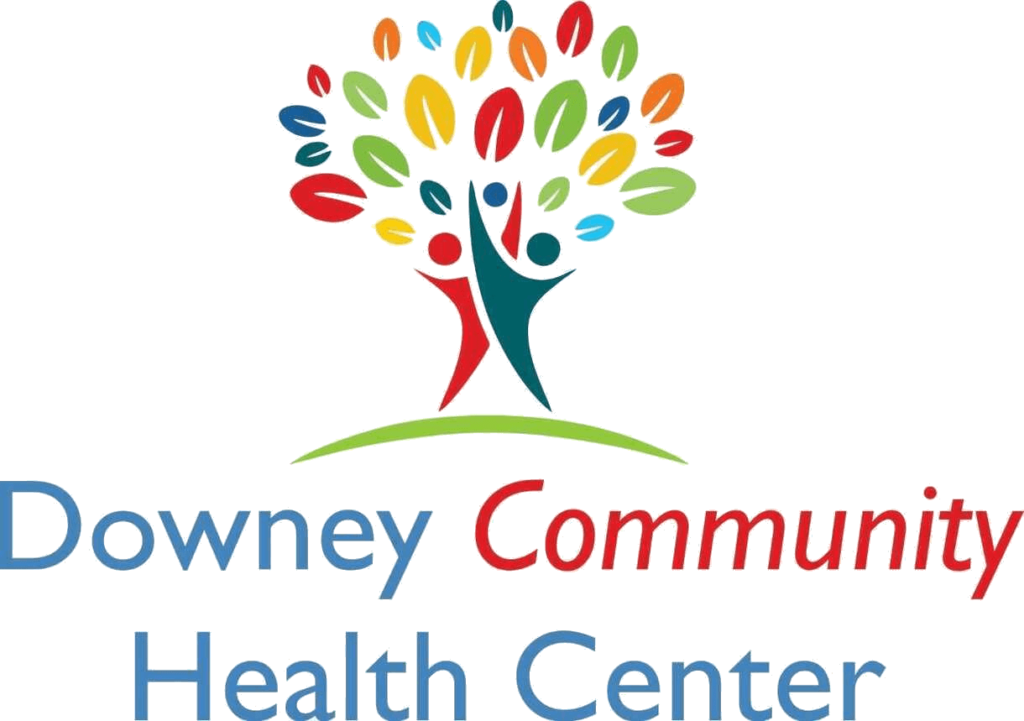Navigating long-term care options can be overwhelming, but understanding the available types is crucial for making informed decisions. This overview will explore various care options, including nursing homes, rehabilitation centers, and in-home care, highlighting their unique features and benefits.
Recognizing the importance of these choices not only helps individuals and families address specific needs but also ensures that the right support is provided for health and well-being. By familiarizing yourself with these options, you can better advocate for yourself or your loved ones in the journey toward optimal care.
Whether you want to know more about skilled nursing facilities or if you’ll be able to rely on Medicaid services when it comes to a rehabilitation center, this article will give you the basics of what you need. Finding a senior living community can be quite hard and we at Downey Community Health Center want to make it easier for you and your family, so let’s get started!
Defining Nursing Homes
A nursing home is a place where older adults or individuals with disabilities can live when they need extra help with daily activities and medical care. These facilities typically offer services like 24-hour nursing support, assistance with personal care, rehabilitation therapies, practical nurses, skilled nursing care, and social activities to keep residents engaged.
People who usually reside in nursing homes are often seniors facing health challenges or cognitive impairments that make independent living difficult. Choosing a nursing home can be a significant decision, often made when extra support is needed to ensure safety and well-being.
Defining Rehabilitation Centers
A rehabilitation center is a facility that helps individuals recover from illness, injury, or surgery, focusing on restoring their independence and improving their quality of life. These centers offer various services, including physical therapy, occupational therapy, speech therapy, and specialized programs for substance abuse recovery.
Although you might find skilled nursing services in these places because they do have registered nurses, the purpose of these establishments is different.
People who typically need rehabilitation centers include those recovering from strokes, surgeries, or serious injuries, as well as individuals seeking help for addiction. The goal of these centers is to provide personalized care and support, helping clients regain their strength and skills so they can return to their daily lives with confidence.
Key Differences Between Nursing Homes and Rehabilitation Centers
Nursing homes and rehabilitation centers serve different purposes, each tailored to specific needs. Duration of stay varies significantly; nursing homes typically provide long-term care, while rehabilitation centers focus on short-term stays aimed at recovery.
In terms of medical care, nursing homes offer general assistance for chronic conditions, whereas rehab centers provide intensive therapy for recovery from surgeries or injuries. The types of therapies available also differ, with rehab centers specializing in physical and occupational therapy to regain independence. Social activities in nursing homes foster community engagement, while rehab centers emphasize therapeutic activities to aid recovery.
Lastly, staffing qualifications vary; nursing homes have general caregivers, while rehab centers employ specialized therapists and medical professionals for focused care.
When to Choose a Nursing Home
Choosing a nursing home is a significant decision often prompted by specific signs that indicate the need for additional support. If you or a loved one struggles with daily activities, experiences frequent falls, or has complex medical needs, it may be time to consider nursing home care.
The benefits of long-term residential care include 24/7 medical supervision, personalized assistance, and a supportive community that fosters social interaction. However, it’s essential to consider the costs involved, as nursing home care can be expensive. Evaluating financial options, such as insurance or government assistance, can help ensure that the chosen facility meets both care needs and budgetary constraints.
When to Choose a Rehabilitation Center
Deciding to choose a rehabilitation center often comes down to specific signs that indicate the need for focused recovery support. If you or a loved one is struggling to regain strength after surgery, has suffered an injury, or is dealing with the effects of a stroke, it may be time to consider rehabilitation care.
Short-term rehabilitation typically focuses on intensive therapy to restore function, while long-term needs may involve ongoing support for chronic conditions. It’s also important to explore insurance and payment options, as many plans cover rehabilitation services. Understanding your financial responsibilities can help ensure that you receive the necessary care without added stress.
Understanding Your Personal Needs
Understanding your personal needs is crucial when considering care options. Start by assessing your physical health and mobility; if you find it challenging to perform daily activities or have frequent falls, this may indicate a need for additional support.
Next, evaluate your mental health and cognitive function; conditions like dementia or depression can significantly impact daily living and may require specialized care.
Furthermore, consider your family support systems; having a strong network can make a difference in your overall well-being. Engaging family members in discussions about care preferences can help ensure that your needs are met while fostering a supportive environment during this transition.
The Role of Family in Care Decisions
The role of family in care decisions is vital, as they often provide emotional support and practical insights. Communicating with family members about your needs and preferences is essential; open discussions can help everyone understand the situation better. It’s important to share your feelings and concerns, allowing family members to voice their thoughts as well.
Involving loved ones in the decision-making process ensures that their perspectives are considered, which can lead to more informed choices about care options. This collaborative approach not only strengthens family bonds but also helps create a supportive environment that prioritizes your well-being and comfort during this important transition.
Transitioning from Hospital to Care Facility
Transitioning from a hospital to a care facility requires careful planning to ensure a smooth process. Start by planning for a smooth transition well in advance; communicate with healthcare providers about your loved one’s needs and arrange necessary services. During admission, expect to provide medical history and discuss care plans with the facility staff, ensuring they understand specific requirements.
It’s also essential to prepare for any adjustments, both emotionally and physically, as this change can be challenging. Keeping open lines of communication with both the hospital and care facility can help address any concerns and facilitate a successful transition, ultimately supporting your loved one’s recovery journey.
The Care Experience in Nursing Homes
The care experience in nursing homes is designed to provide a supportive and nurturing environment for residents. Daily life in a nursing home typically includes assistance with personal care, meals, and medication management, ensuring that each resident’s needs are met.
Interaction with staff and other residents plays a crucial role in fostering a sense of community; caregivers are trained to build relationships and provide companionship while socializing with fellow residents can enhance emotional well-being.
Additionally, nursing homes offer a variety of activities and engagement opportunities, such as arts and crafts, exercise classes, and group outings, all aimed at promoting mental stimulation and social interaction for a fulfilling daily routine.
The Care Experience in Rehabilitation Centers
The care experience in rehabilitation centers is focused on recovery and regaining independence. Daily life in a rehabilitation center typically involves a structured schedule that includes therapy sessions, meals, and recreational activities designed to support healing.
Interaction with therapists and medical staff is essential; these professionals work closely with residents to develop personalized treatment plans and provide encouragement throughout the recovery process.
Each therapy session may include physical, occupational, or speech therapy, tailored to individual needs and goals. This collaborative approach not only helps residents improve their skills but also fosters a sense of motivation and community, making the journey toward recovery more engaging and supportive.
Evaluating Quality of Care
Evaluating the quality of care in potential facilities is essential for ensuring the best environment for your loved one. Start by researching and comparing facilities; look for information on services offered, staff qualifications, and overall reputation. The importance of accreditation and reviews cannot be overstated; accredited facilities meet specific standards of care, while online reviews can provide insights from current residents and their families.
Additionally, visiting potential facilities is crucial; this allows you to observe the environment, interact with staff, and get a feel for the community. Taking these steps will help you make an informed decision that prioritizes your loved one’s well-being and comfort.
Summary
In summary, choosing the right care option for yourself or a loved one involves careful consideration of various factors, including personal needs, quality of care, and available support systems. Key points to remember include the importance of evaluating physical and mental health, researching facilities, and involving family in decision-making. Ultimately, finding a facility that aligns with individual needs can greatly enhance the care experience.
For those seeking a compassionate and supportive environment, Downey Community Health Center is an excellent choice. As a 198-bed skilled nursing facility, it offers comprehensive rehabilitation and skilled care services tailored to residents’ needs. With a dedicated staff and a commitment to quality, our Center ensures that residents receive the attention and support they deserve. Contact us today to explore how we can assist you in finding the right care options for your loved ones.







